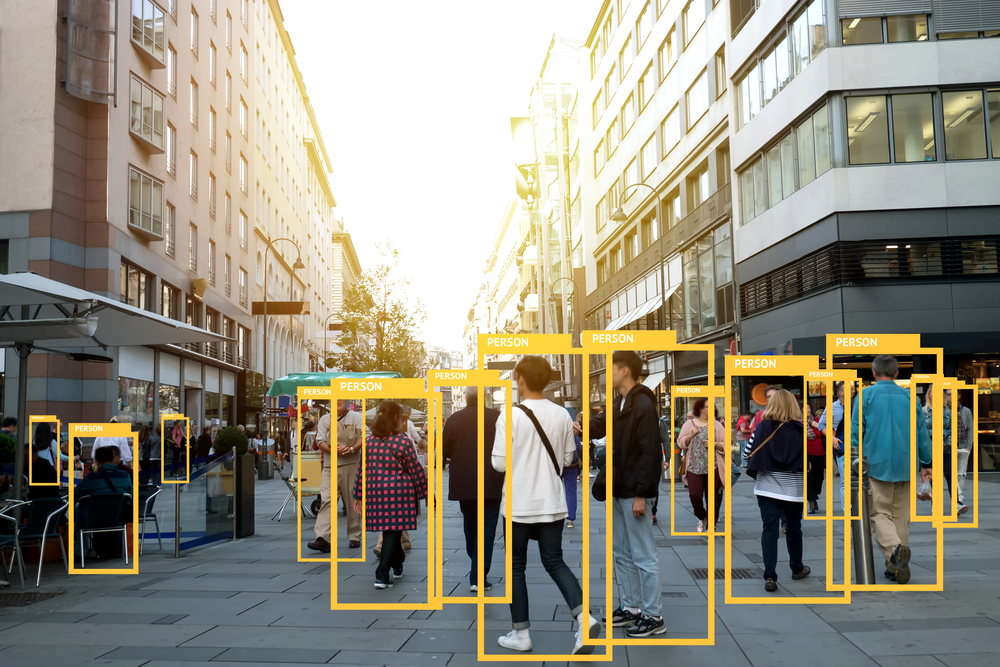


SOMEWHERE ON THE INTERNET -
“If it is accepted that real brains, as found in animals, and in particular in men, are a sort of machine, it will follow that our digital computer, suitably programmed, will behave like a brain.″
Alan Turing, BBC interview (1951)
“It is customary in a talk or article on this subject to offer a grain of comfort in the form of a statement that some particularly human characteristic could never be imitated by a machine. It might, for instance, be said that no machine could write good English or that it could not be influenced by sex appeal or smoke a pipe. I cannot offer such comfort for I believe that no such bounds can be set.″
Can Digital Computers Think? (1951)
“I think of people as pink-coloured collections of sense and data.”
Alan Turing.
B: In our previous conversation, you mentioned Alan Turing. I hear that name a lot when people talk of artificial intelligence. Why?
C: Turing is widely regarded as a mathematician, but that’s too simplistic: he was fundamentally a student of logic and his view of mathematics and everything else he worked on was informed by the basic presumption that mathematics is, essentially, a mechanical function, i.e., that it operates by the use of cogs, levers and pulleys. So if you can build a machine to do it, it can be done. He was also of the opinion that the human mind was a logic machine and that, therefore, its functions could, given sufficient technological know-how, be made to function like a human brain.
A:
The content herein is subject to copyright by The Yuan. All rights reserved. The content of the services is owned or licensed to The Yuan. Such content from The Yuan may be shared and reprinted but must clearly identify The Yuan as its original source. Content from a third-party copyright holder identified in the copyright notice contained in such third party’s content appearing in The Yuan must likewise be clearly labeled as such. Continue with Linkedin
Continue with Linkedin
 Continue with Google
Continue with Google









 1467 views
1467 views








